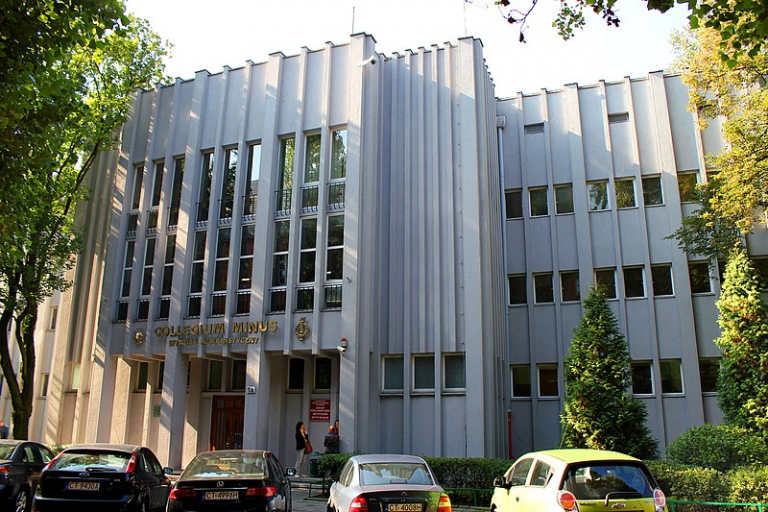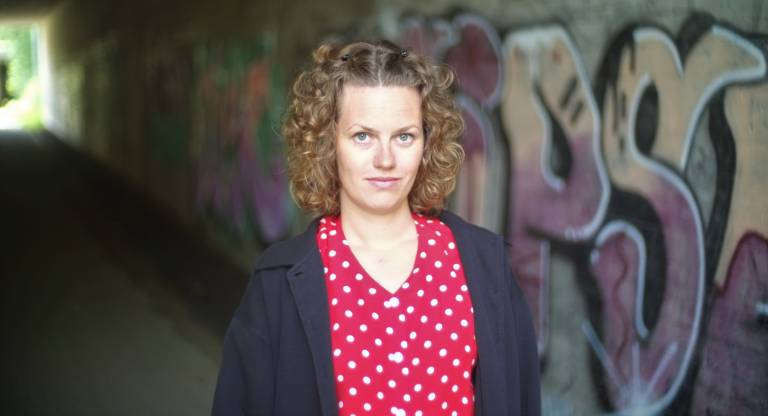Gathering good practices and identifying new trends
In the new media landscape, there is an unprecedented challenge to balance freedom of expression and the right to privacy. New legal problems surface due to the technological advancement. The right to be forgotten was not similar scale problem in the time of print media as it is today. The same development is happening online with increasing hate speech and fake news.
The normal share of responsibility in the new media is also ultimately different than before. At the core of freedom of expression scene are internet intermediaries. These include Internet service providers, social media platforms and search engines.
The project Law and Media, financed by Nordic Council/Nordplus, focused on these legal challenges that the new media provides on the right to freedom of expression. University of Tampere, Faculty of Management was the one of the four main partners in addition to Tallinn University, University of Latvia and University of Iceland. This spring our project produced a comparative book Human Rights Law and Regulating Freedom of Expression in New Media: Lessons from Nordic Approaches. It includes chapters explaining the situation in all the Nordic and Baltic countries. Despite a common legal history (1766 Swedish Press Freedom Act is the oldest in the worlds) each state has a distinct legislation and particular legal traditions and even different media landscape that explain differences in the domestic approaches to freedom of expression.
The studied countries included those with the highest standard in media rights. Four Nordic states (Norway, Sweden, Finland and Denmark) were topping the World Press Freedom Index 2017 according to Reporters Without Borders. This year the Netherlands broke Nordic domination with third spot and Denmark falling to 9th mainly due to the murder of Swedish journalist Kim Wall.
The important lessons from Strasbourg
One of the focus points of my research has been the dialogue between the European Court of Human Rights (ECtHR) in Strasbourg and the national judiciary. The European system is founded on a principle that national courts follow closely and take into account the Strasbourg case-law and improve standard of human rights protection. This August starts a new chapter in this dialogue, when Protocol 16 enters into force. It introduces a possibility for the highest courts to ask advisory opinion from the ECtHR, before the domestic court makes its ruling.
The Finnish freedom of expression practice has significantly improved after for few years receiving several rulings against Finland. The number of Finnish cases relating freedom of expression was 28 and in 20 of which, the Court found a violation of the Convention. However, the recent case-law indicates that the lesson has been learned. This was also the finding in the Finnish case of Satakunnan Markkinapörssi Oy and Satamedia Oy, for which our project was invited to provide a Third-Party intervention before the Grand Chamber.
But many of the more recent cases have had a wider European or even global lesson. When the Nordplus Law and Media project started in 2015, the ECtHR had just decided major principles in a landmark new media judgment concerning Estonia, the Delfi case, and by that it was answering some of the questions that had been raised by the academic community. But it also left unanswered some the principal problems that were ultimately connected to the technological changes in media platforms.
It was the question of the responsibility of the internet news portal to control the comments on discussion forums. According to the Court, Delfi’s involvement in making public the comments on its news articles on the Delfi news portal went beyond that of a passive, purely technical service provider.
Are we entering into time of private censorship? At least, according to the Court, there is not such a danger. The Court considers that a large news portal’s obligation to take effective measures to limit the dissemination of hate speech and speech inciting violence can by no means be equated to “private censorship”.
There were still many questions left unanswered in the aftermath of Delfi. One of the key questions has been whether there is new type of chilling effect on the use of freedom of expression. Many scholars and even the UN Special Rapporteur David Kaye in his recent report has been very concerned on the impact of private companies actions in the field of freedom of expression. He also considered that States should refrain from imposing disproportionate sanctions, whether heavy fines or imprisonment, on Internet intermediaries, given their significant chilling effect on freedom of expression.
Human rights law gives tools also to companies
The European human rights system is founded on similar principles as the human rights law in general. The States should observe treaty obligations under the European Convention on Human Rights. The states are the duty-holders. The obligations to follow human rights are placed on courts and other national authorities and not directly on companies.
However, media companies and their specific standards are distinguishing feature in the new media environment. Different internal control systems and self-regulation have a major impact on freedom of expression. There are no appropriate mechanisms required consistency, accountability and transparency. According to some experts, there are already signs of emerging private censorship. Disproportionate sanctions on Internet intermediaries might lead to such a development.
One of the key elements in this field of research has been the dialogue between national courts and the Strasbourg Court. It has been characteristic that judgments have revealed the failures of domestic system and in that sense helped to improve the overall standard in Europe. Can human rights law also improve the self-regulation and practices of companies in the field of freedom of expression in Europe?
According UN Special Rapporteur David Kaye this is exactly what should be done. His report includes recommendations to both states and companies. He argues that human rights law gives companies the tools to articulate their positions in ways that respect democratic norms and counter authoritarian demands.
Thus, it is time to reconsider who waits for the message from the Strasbourg court. One of the key observations is that nowadays judgments in the field of freedom of expression do not just send messages to 47 European governments but also to national, multinational and global companies.
Read more:
Uncovering Pathways to Remedy for Corporate Human Rights Abuses
The Quarter Decade of the Refugee “Crisis” and the CEAS Reform





Kommentit